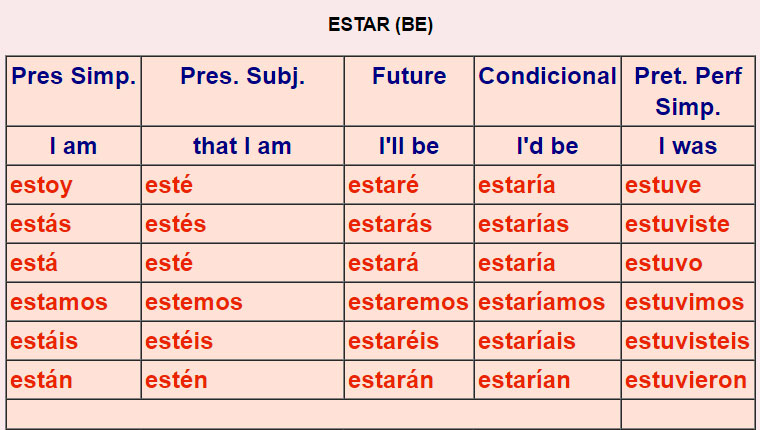

In English, the verb is the same whether it’s I speak, you speak, or they speak. Both these sentences contain lin-guistic units expressing the conceptual components of path and manner, but in the French sentence the path of motion is expressed in the verb (revˆınmes ‘returned’), while in the English sentence it is expressed in a particle (back). A design, motif or decoration formed from multiple copies of an original fitted together. ') We do chores, so we need to French Translation of “sentence” | The official Collins English-French Dictionary online. Take this quiz to test your understanding of sentence patterns and parts of speech. The verb used in this Study with Quizlet and memorize flashcards containing terms like Subject, Action Verb, Direct Object and more. With Learn French Grammar: 25 Sentence Patterns for Beginners, you … The majority of French verbs are regular and forming their past participle is easy. French has several ways to build an interrogative. com/french-listening-practice/french-li For example, for “parler”, here is the logic explained by traditional methods: Remove the “er” – this will give you what is called “the stem” in grammatical jargon. You will assimilate enough sentence patterns and vocabulary to be able to produce new, original content. Here are some examples of simple French sentences. This e-book also comes with 200+ mp3s (more than FIVE HOURS) recorded by three native … To conjugate -ER verbs, remove the infinitive ending to find the stem and add the endings. It’s pretty cool.French sentence patterns. If you look at a shorter time period, you can clearly see hender nose-diving to fall just behind hendir. Just for fun, I used the Google ngram viewer to trace the history of cerner, cernir, hender, and hendir. None of these verbs is very common, but the -ir variants have definitely caught up to the older -er forms over the last two hundred years or so, and, in fact, have managed to surpass them. If I can attempt a wacky analogy, they’re akin to someone who dyed their hair but red still lacks the freckles that a natural redhead would have. In other words, they are innovative -ir verbs that still think they are -er‘s with respect to this irregular pattern. Not surprisingly, the Real Academia’s Diccionario panhispánico de dudas contains warnings against forms such as hindió, hindieron, and cirniendo.įortunately, there is a logical explanation for these irregular irregulars: cernir and hendir are variants of the -er verbs cerner and hender, from Latin cernĕre and findĕre. (This is why I made sure to use the English cognate discernible at the beginning of this post.
#Do spanish irregular past tense verbs have accents full#
You can see the full conjugations here and here.ĭiscernir and concernir share the same irregularity as cernir, as you might expect. Despite their present-tense stem changes ( cierno, hiendo, and so on) they are regular in the preterite ( cernió, cernieron, hendió, hendieron), imperfect subjunctive (cerniera, hendiera, etc.), and gerund ( cerniendo, hendiendo). To my horror, and great interest, I learned just today of two exceptions: cernir ‘to sift’ and hendir ‘to slit open’. ir verbs with a stem change in the present tense that are regular in the preterite and the gerund.

As implied above, there are no exceptions to this pattern, i.e. The silver lining to this cloud of complexity is that it is, at least, predictable. * Example: s ervir ‘to serve’, s irvo ‘I serve’, s irvió ‘he served’, s irviendo ‘serving’ * Example: s entir ‘to feel’, s iento ‘I feel’, s intió ‘he felt’, s intiendo ‘feeling’ * Example: d ormir ‘to sleep’, d uermo ‘I sleep’, d urmió ‘he slept’, d urmiendo ‘sleeping’ For example, verbs that end in -ir and have a stem change in the present tense are also irregular in the preterite, imperfect subjunctive, and gerund. The Spanish verb system is riddled with irregular verbs, but at least they fall into discernible patterns. Note: this post is intended for Spanish verb fiends only! Others read at your peril!


 0 kommentar(er)
0 kommentar(er)
